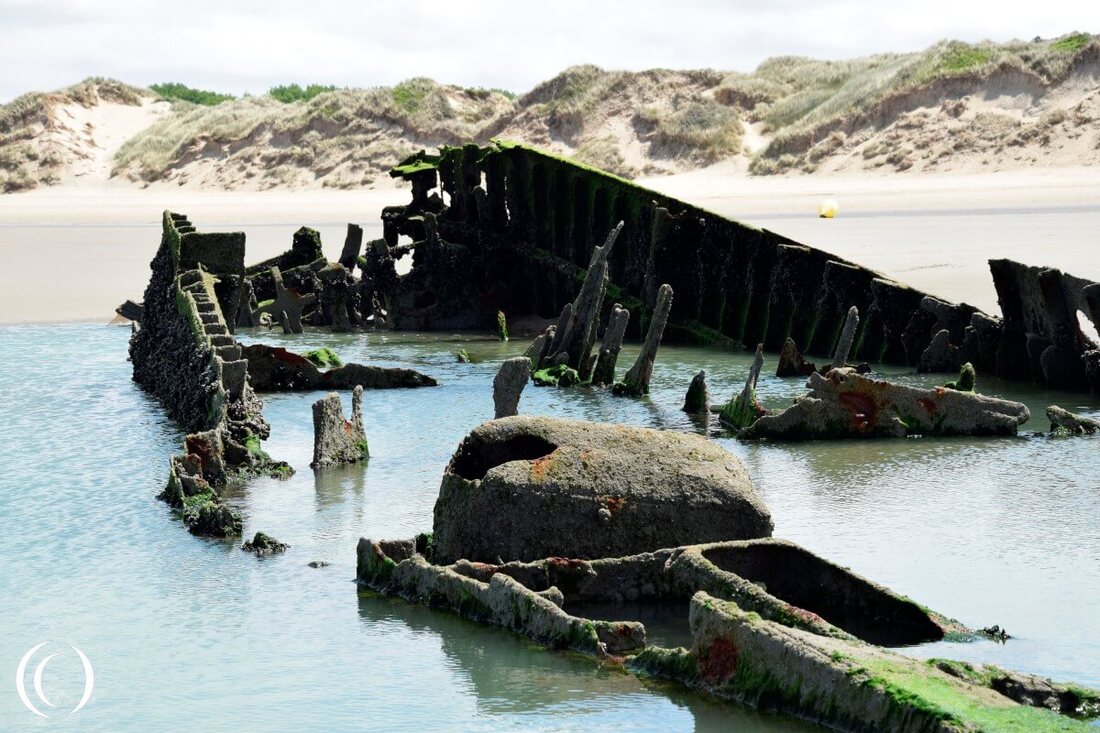|
In late May and early June 1940, a remarkable event unfolded on the beaches of Dunkirk, France. Surrounded by the advancing German Army, the British Expeditionary Force (BEF), alongside French and Belgian troops, faced annihilation or capture. Yet, what followed would enter the annals of history as the "Miracle of Dunkirk," a testament to human courage, ingenuity, and resilience. Three main factors played pivotal roles in facilitating the escape of over 338,000 Allied soldiers from the clutches of the enemy. In no particular order ...
1. Hitler's Halt Order The first, and perhaps most controversial, factor was the "Halt Order" issued by Adolf Hitler. On May 24, the German Panzer divisions, which had been rapidly advancing through France, were ordered to stop their advance just a few kilometers from Dunkirk. This decision remains a subject of historical debate, with theories suggesting it was made to preserve German tanks for future battles, or due to the influence of Hermann Göring, who wished the Luftwaffe to finish the Allies off. This halt gave the Allies crucial time to organize a defense and plan an evacuation. 2. The "Little Ships" of Dunkirk The second factor was the mobilization of the "Little Ships." In a remarkable feat of maritime coordination, the Royal Navy, supplemented by a flotilla of civilian vessels, embarked on Operation Dynamo. These vessels ranged from fishing boats to pleasure yachts, manned by both naval personnel and civilian volunteers. They braved dangerous waters, German air attacks, and mines to ferry troops from the beaches to larger ships waiting offshore, and in some cases, all the way back to England. This armada of little ships became a symbol of unity and determination, significantly increasing the number of troops that could be evacuated. 3. Heroic Defense by the Rearguard The third crucial factor was the heroic defense mounted by the Allied rearguard. British and French troops held the line against German forces, ensuring the perimeter around Dunkirk remained intact. This defense was critical in preventing the Germans from overrunning the evacuation beaches. The sacrifice and bravery of these soldiers bought valuable time for the evacuation effort, with many paying the ultimate price. Conclusion The evacuation from Dunkirk stands as a testament to what can be achieved in the face of overwhelming adversity. It was not just a military operation but a moment of extraordinary human endeavor. The combination of Hitler's Halt Order, the courageous efforts of those aboard the "Little Ships," and the staunch defense by the rearguard allowed the BEF and their allies to live and fight another day. Winston Churchill, in a speech to the House of Commons, reminded the nation that "wars are not won by evacuations," yet Dunkirk ignited a spirit of defiance and unity that would prove crucial in the years to come. The "Miracle of Dunkirk" remains a powerful example of resilience, showing how courage, ingenuity, and solidarity can turn the tide of history.
0 Comments
Leave a Reply. |
Categories
All
Archives
April 2024
|

 RSS Feed
RSS Feed